Your site's success depends on how well you know how tooptimize it for SEOand conversions. It will make sure that your website is working as hard as it needs to.
Maybe you are wondering, how do I do SEO for a website?If your SEOis good, you can get more traffic and have more chances to turn visitors into customers.
And a website that is optimized for conversions usually has better metrics, like time on page and bounce rate, which means that Google might rank it higher. SEOisn't as easy as it might seem.
SEO is not a one-time thing, either. It needs to be a part of your marketing planfor the long haul. Businesses often feel like they have too much to do when it comes to SEO. So, where to begin?
What Is SEO?
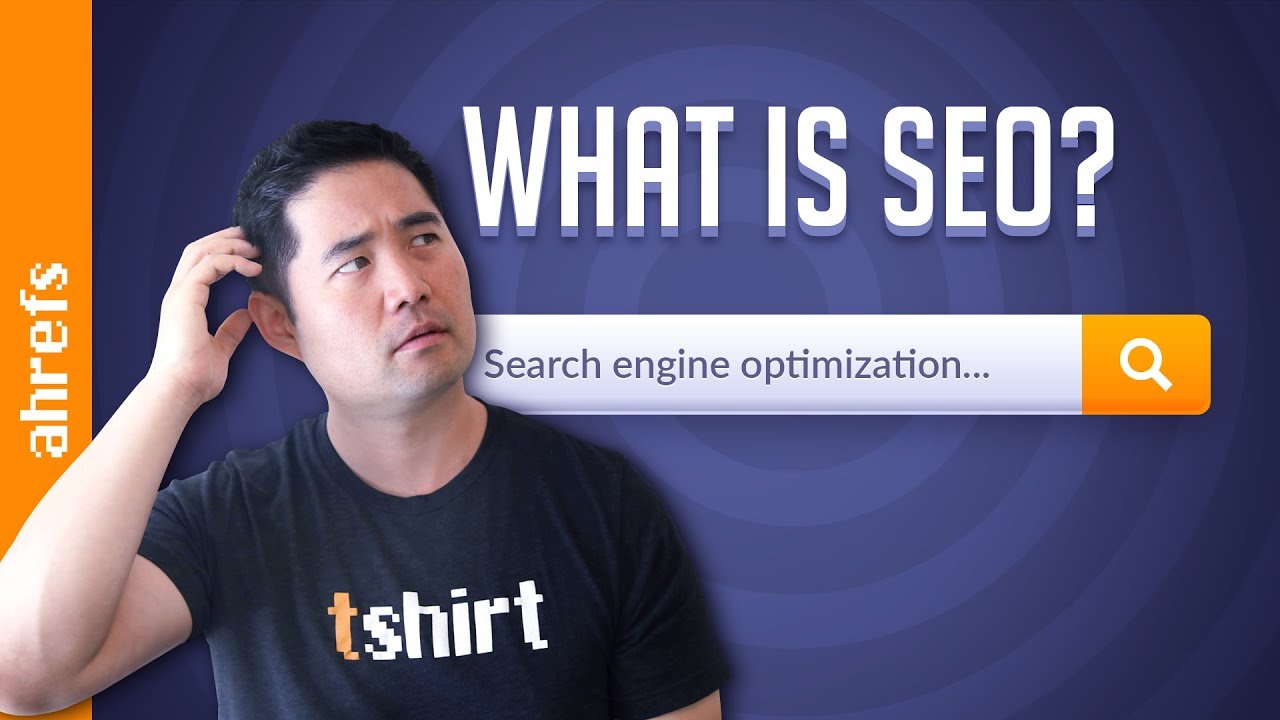
What is SEO and How Does it Work?
To understand what SEO is, you need to know how search engines like Google, Bing, and others work. How do they decide where to rank in search results? You might think that there are a lot of websites out there that talk about similar things.
If nothing else is known, a search enginelike Google indexes web pages. Think of it as a digital version of one of those old yellow phone books.
Once you make a website, search engine bots will crawl it to figure out what information it has and then index it so that it shows up in search results that are related to it.
Search engine bots can now understand contextualized information (text, structure, and non-text content) on your website and index it based on things like relevance and authority.
This is where optimization for search engines comes in. SEO is the process of making changes to your site to make it better for search engines. It has to do with making websites better so that search engines can figure out how relevant they are and rank them accordingly.
5 Reasons You Need To Optimize Your Website
There are many reasons to learn how to optimize for conversions and search engine optimizationat the same time.
First, you need to understand how they work together to make a website that is leaner and more useful. Let's look at five specific reasons why you should start optimizing your site right away and keep optimizing it over time.
Make Your Website Useful For Your Specific Audience
Marketers sometimes feel like Google is against them. For example, the search engine doesn't rank its best content, or after an algorithmic update, they see a huge drop in traffic. But in reality, you and Google have the same goals:
- Give your audience the best content you can.
- Make it easy for people to use your website.
- Focus on content that has a lot of value.
Google uses more than 200 ranking signals to decide which pieces of content go on the first page of search engine results. The algorithm looks for signs that a certain web page will have the information that people are looking for.
When you optimize your website for conversions, you try to get visitors to do something specific, like sign up for your email list or buy something from you. You want to give your audience exactly what they want, just like Google.
When you know how to optimize your website for SEO and conversions at the same time, you help both of those goals and make it easier for search engines to find your site.
Grow Your Organic Traffic
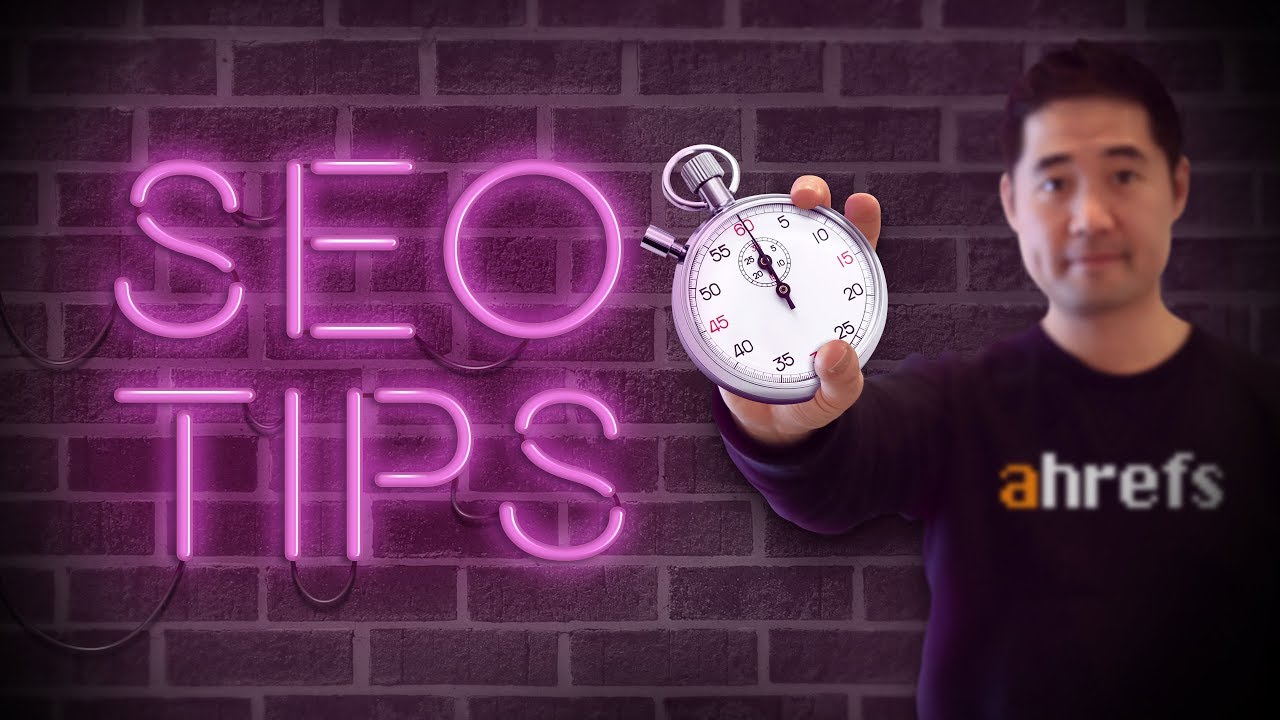
SEO Tips to Improve Organic Traffic in Under 15 Minutes
Most businesses spend about 1% of their total income on advertising. If you make $1 million a year from your business, you might spend $10,000 on advertising.
Even though that may not seem like much, it adds up. Some fields, like retail, spend a lot more on adsthan others.
SEO, on the other hand, is a free way to get organic traffic. You have to pay to create and promote the content, but it's not nearly as expensive as pay-per-click.
When you compare how many people found your site through organic search and those who found it through paid ads, the results are instructive. Paid search closes at less than 2%, while organic search closes at nearly 15%.
Spend time and, if you have to, moneyon growing your organic traffic. It may take more time, but the results will last longer and lead to more sales.
Capitalize On Existing Traffic
You don't want people to visit your site, look around, and then leave. Instead, you want to make an impression that will last and make them want to come back.
To learn how to optimize your website for conversions, you need to know how users interact with it. Find out how people move around your site if they scroll down the page, and how often they click on your calls to action (CTAs).
Using the traffic you already have helps your conversion rate because more of your organic traffic will convert. You know what kind of offer your audience will be interested in and how to present it in a way that will get their attention.
Force Your Website To Work Harder
Anyone can make a website, even a pretty one, but far fewer people can make a website that consistently leads to sales. Even across all industries, the average conversion rate is less than 2.5%.
You want a lot more people from your audience to take action. To do this, you need to pay close attention to your audience and give them what they want and need.
If you've done the research and put the information to use on your site, conversion rates should go up. People who visit your site quickly find what they need and like your brand making it easy for them to do so. The result is brand loyalty.
SEO comes first every time, though. If you don't have traffic, you can't make sales. Make a website with useful, sticky content and a lot of ways for people to convert.
Give Your Audience What They Want And Expect
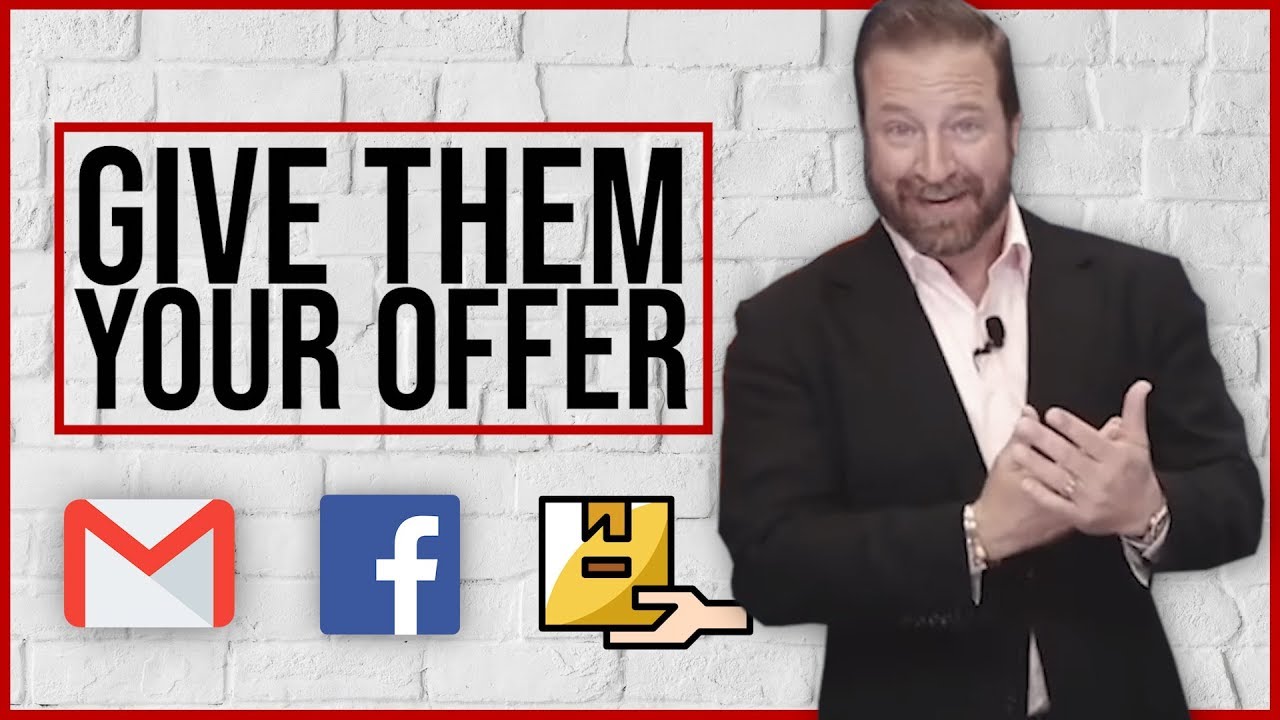
🔥 This is how you give your audience what they want 💵.
Imagine the following: You have an online store where you sell shoes. Customer needs new running shoes, so they use Google to find out what the best shoes are for runners.
You've written a long, detailed blog post about how to choose running shoes. It includes suggestions for brands and tips for different types of runners.
The article is read by the site visitor. In the end, you have a free size and fit chart for runners as a lead magnet. All a visitor has to do to is join your email list thru sign up.
You send the lead magnet to the visitor as soon as they arrive. A few days later, you send them an online coupon code and pictures of running shoes. The customer sees that you have what he or she needs, and the discount makes them more likely to buy right away.
As you can see, SEO and increasing the number of people who buy work together. You'll get a customer if you meet your audience's expectations and help them find what they want.
How Do I Do SEO For A Website?
Do Keyword Research And Use Relevant Terms
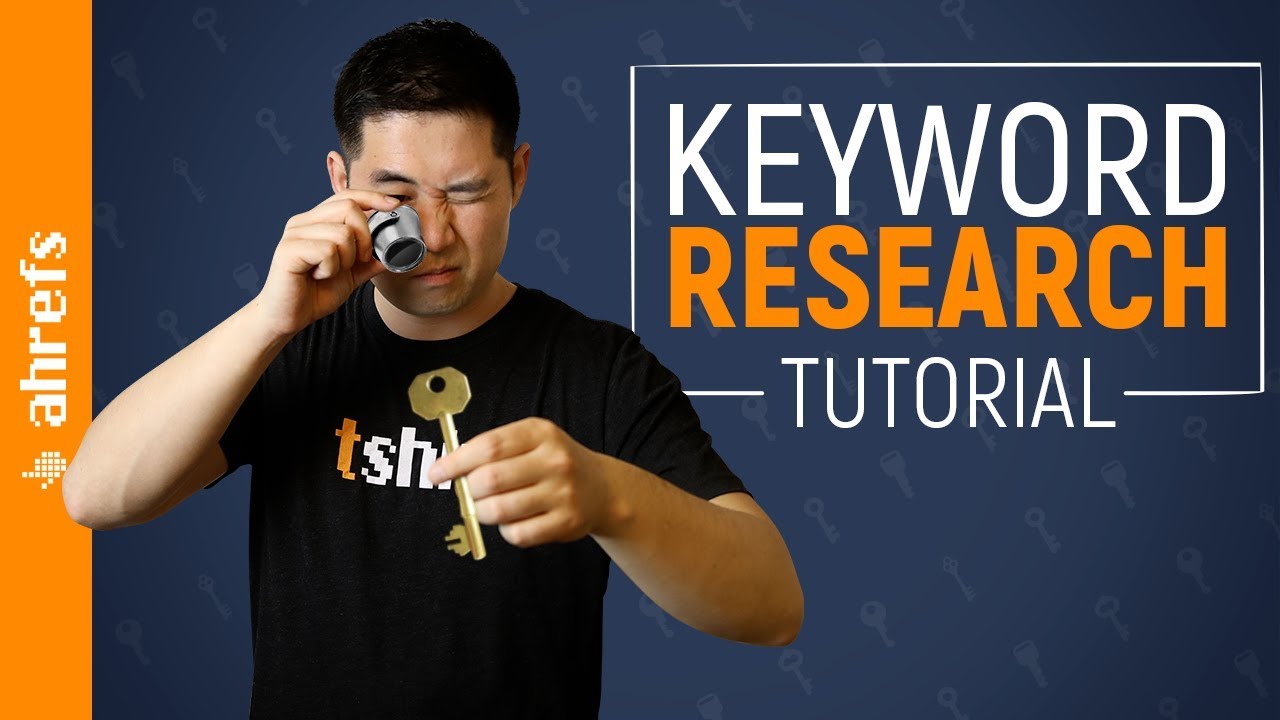
Keyword Research Tutorial: From Start to Finish
In SEO, keywords are very important. A keyword shows what your article is about, and it's what helps people find your article when they do an online search for something they're interested in.
A keyword is basically what someone types into a search engine to find something. This is why you should make sure that your keyword fits with what your audience is looking for when they search.
It can be a short keyword like "digital marketing" or a long-tail keyword like "how to make a good digital advertising campaign."
Most of the time, shorter keywords get more searches than longer ones. This means that they might be harder to rank for. Long-tail keywords are used less often than other keywords, but they are very specific.
The benefit is that you can reach the exact people who are interested in that. It's best to use both long-tail and short keywords together.
Also, it's best to think about how often the keyword will be searched for and how hard it will be to rank for it. How often people look for this keyword is shown by the search volume.
People are more interested in this topic if they search for it more often. On the other hand, the rank difficulty shows how hard it will be to rank in search engine results.
Keywords are important, but they aren't the only thing that needs to be done to optimize a website. To get more traffic, you need to pay attention to other important things.
Place Keywords Throughout Your Page
There are different keywords on each page or blog post. The key phrase for this article is "SEO for Beginners." That's probably the search term you used to find us. The best place for your chosen keywords is in:
- Title of the post
- The URL
- The first and last paragraph of the post
- In the text organically throughout the post
- The tags of images used
Put them in as long as they don't mess up the flow of the article. Just watch out for "Keyword Stuffing," which we talk more about in this post.
Add SEO To Your Permalinks

What is a permalink?
When you go to a page, the URL you see is a permalink. Permalinks say a lot about how your website is put together as a whole.
They shouldn't be too long and should also make it clear what the page is about. For the person reading your site and for the bots that crawl it.
As we've already said, search engine bots go through all of the pages on your site to figure out what it's about and how to list them. Use easy-to-understand words in your URL.
For example, if you have an online book store, set up your pages so that the permalinks show what people are accessing and help put the information in context. It shows search engines the order of things and helps with SEO.
A permalink is permanent, as the name suggests, so it's important to choose the right ones for your pages. Use of specific dates or information that could change is not recommended.
Why? Your page should be kept up-to-date as much as possible. SEO is helped by having a page that has been online for a long time. You shouldn't make pages that you'll always have to delete.
Just because a page has been around longer doesn't make it rank higher. They rank because, over time, they've managed to show authority by getting traffic, building links, and other things.
It's important to be able to update your pages with new and useful information, which means making a URL structure that won't change.
Add Links To The Content You Already Have
If the post you're working on is related to one you've already written, link it! Linking your content to other posts and pages on your website is a good idea.
This will make the user's experience better by making it easier for them to find related content and move to other pages on your site. It will also help bots index and understand the context of your pages.
Write Quality Content
You should, of course, write content that keeps people interested. Make sure you cover everything about your topic and don't leave out anything that could be important.
It's important to give your audience an overview of the topic they want to know more about and answers that fit their needs. More words don't always mean better writing, but they can help if they show that the topic has been covered in depth.
In addition to covering your topic completely, writing in a way that is clear, elegant, and natural works wonders. Don't try to get a high keyword density by putting your keyword all over your article.
Trying to trick the system by putting keywords everywhere won't work, and many people get penalized for doing it.
Optimize Your Images
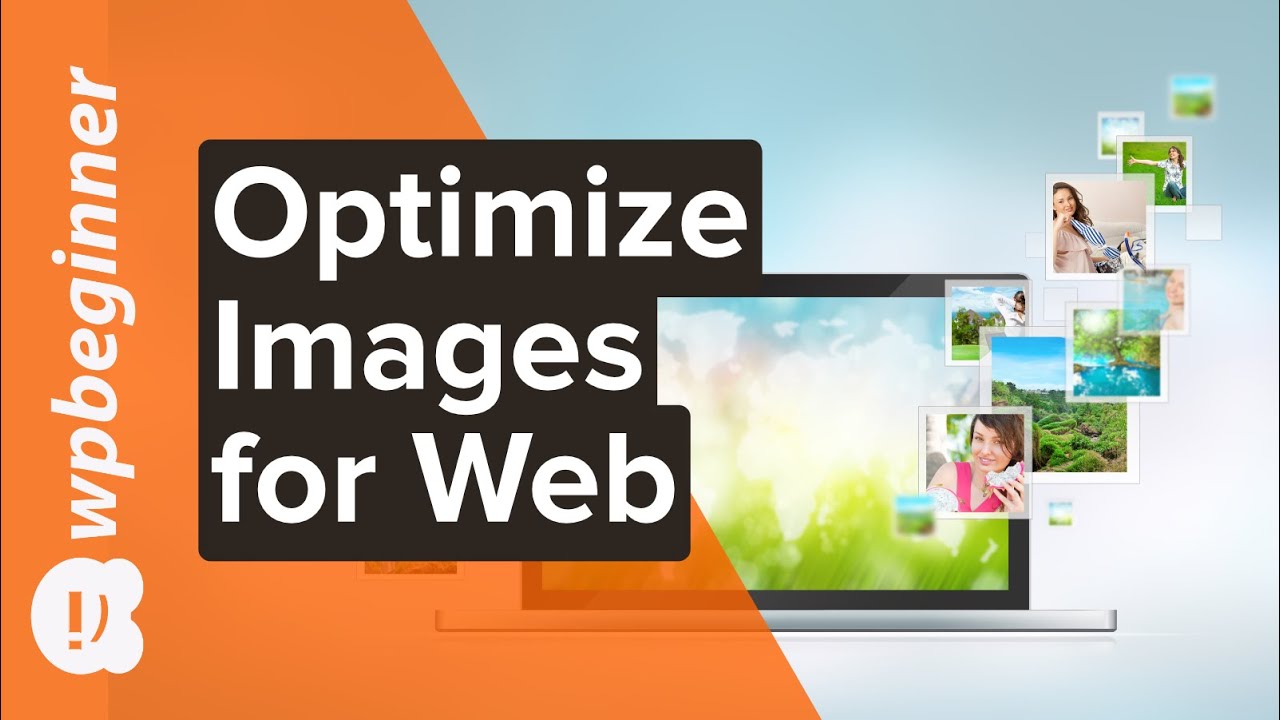
How to Optimize Images for Web Performance without Losing Quality
Images are very important for making something easy to read. They help readers see what you're talking about and understand it better.
But they are also important for SEO because they make it easier for crawlers to find your website. The image itself can't be crawled, but the image ALT-text, or image description, can be crawled and indexed.
Have you ever paid attention to the pictures that show up at the top of your search results? They are also a great way to get people to visit your website and show that your site and images are related to what people are looking for.
Another important thing to do is to compress your images. SEO depends on how quickly a website loads and the size and format of images can play a big role in that.
So make sure your images are optimized the right way. Image compression tools make it easy to do this.
Page Speed
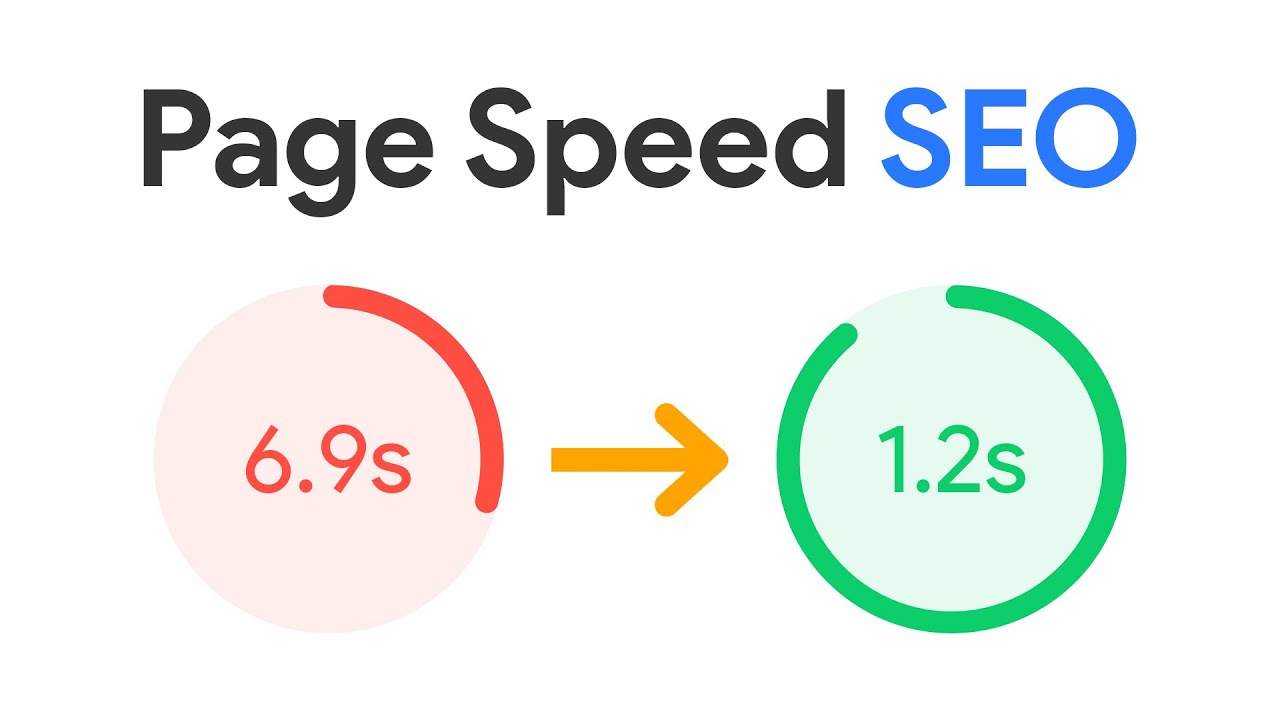
Page Speed SEO: Here’s What You Need to Know
Google has used page speed as a ranking factor since 2018. It's a measure of how quickly a page loads. People only look at your homepage for a few seconds before deciding if they want to look around or leave.
A website that loads quickly gives users the best possible experience. People don't have as much patience as they used to, so if your page takes too long to load, it will hurt you because people won't stick around.
This will cause your bounce rate to go up. Even though bounce rate doesn't have a direct effect on your ranking, it does have a direct effect on how fast your page loads.
Don't Forget Your Mobile Version
As more and more people use their phones to connect to the internet, your website needs to be optimized for smart devices. If you don't, you'll have a high bounce rate because let's be honest, no one wants to stay on a website that doesn't work well on a phone.
If the formatting is wrong, buttons that don't work or having to scroll to the side to see the whole page could be annoying.
People will want to stay on your site and look around if they have a good experience, which again shows that your page is related to the keyword you chose.
In fact, formatting for mobile is so important that Google has said it will soon start indexing websites based on how they look on mobile.
Update Your Pages And Content
You will need to do an SEO audit often to make sure your content is up to date. Even more so because information and trends change quickly and you don't want to be penalized in the search rankings because you have old information.
Look over older pages and sites, evaluate the content, and make sure it's all optimized correctly. If your content no longer serves a purpose and isn't optimized as needed, it's more likely to hurt your ranking than help it.
People Also Ask
Can I Do My Own SEO For My Website?
If you've wondered, "Can I do SEO myself?" Yes, that's the right answer. You don't have to hire an outside agency to improve your SEO.
How Do I Put SEO On My Website?
- Give Google the same view of your page as a user.
- Create unique, accurate page titles.
- Your title links and snippets in search results are under your control.
- Use the tag for the meta description.
- Use heading tags to highlight text that is important.
- Add structured data markup.
Do I Need To Pay For SEO?
Expect to pay $500 or more per month if you hire a top-level SEO company to run a local campaign. A campaign on a national or international scale will need at least $2,500 to $5,000 a month. Some companies offer a cheaper "trial package" with no contract.
Conclusion
Now we answer your questions on "How do I do SEO for a website?" SEO can be very complicated, but if you know the basics, you'll be off to a good start.
SEO is an ongoing process, but with time and practice, you can move from an SEO for beginners guide to a more advanced position.
One of the best ways to improve your ranking on search engines is to keep adding new, relevant posts to your blog. Once you've written great content, you can promote it to reach even more people.